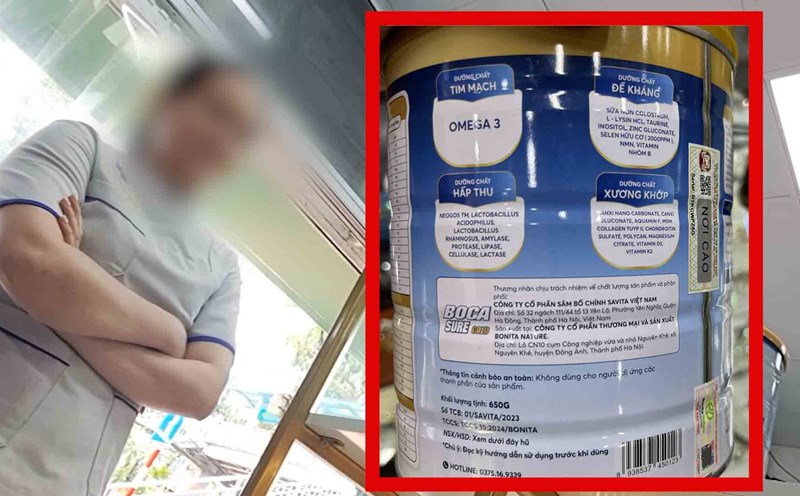The Financial Times reported that the decline in solar panel prices, combined with the government's "greening" economy strategy, has prompted many corporations from the logistics to retail sectors to install rooftop solar power systems in recent months.
In the national development plan, Saudi Arabia aims to have half of its domestic electricity consumption come from renewable energy by 2030 and achieve net zero emissions by 2040.
However, according to experts, the real driving force for businesses to switch to solar power comes from the decision to cut energy subsidies that began in 2018, part of the large-scale economic reform package of Prince Mohammed bin Salman. In particular, the policy of increasing diesel prices by 44% last year has created a significant boost that has forced many businesses to recalculate the energy cost problem.
In the city of Jeddah, Fakeeh Care Group has installed a solar power system on the roof of a multi-storey parking lot near its hospital complex. Group Chairman Mazen Fakeeh said that this investment has helped save more than 45,000 USD in electricity bills in 2024.
We have invested in solar power and are seeing real results. Although the profit is still modest due to large initial investment costs, we have reduced costs and carbon emissions. This is a long-term investment, it will take a few decades to recover capital, but the initial results are very encouraging" - he shared.
Similarly, Tamer Group, a logistics company with a history of 22, also saved more than 117,000 USD after installing solar power systems at distribution centers in Jeddah and Riyadh. This enterprise is planning to expand the model to the entire distribution system within the next 2 years.
In addition to costs, another factor driving the clean energy trend is pressure from parent companies and Western partners, especially for multinational corporations such as Ikea or GSK with branches in Saudi Arabia.
Mr. Faris al-Sulayman said that co-founder of Haala Energy, which specializes in providing solar power solutions, the level of interest between customer groups is also clearly different. Commercial customers such as shopping malls, warehouses... are paying the highest electricity price at about 0.08 USD/kWh, so they are very interested in solar power. Meanwhile, industrial customers only pay about 0.048 USD/kWh, so they are less excited.
It is impossible not to mention China's role in the clean energy wave in Saudi Arabia.
According to fDi Markets, in the period from 2021 to October 2024, foreign direct investment from China in the kingdom reached a total of 21.6 billion USD, of which about 1/3 poured into clean technology such as batteries, solar energy and wind energy.
In a country considered a holy land of oil, businesses begun to turn to solar power shows that the Governments fiscal reform policy, especially subsidy cuts, is the biggest driver for businesses to seriously consider non-fessional choices, according to Shigeto Kondo, an expert at the Japan Institute for Energy Economics.














